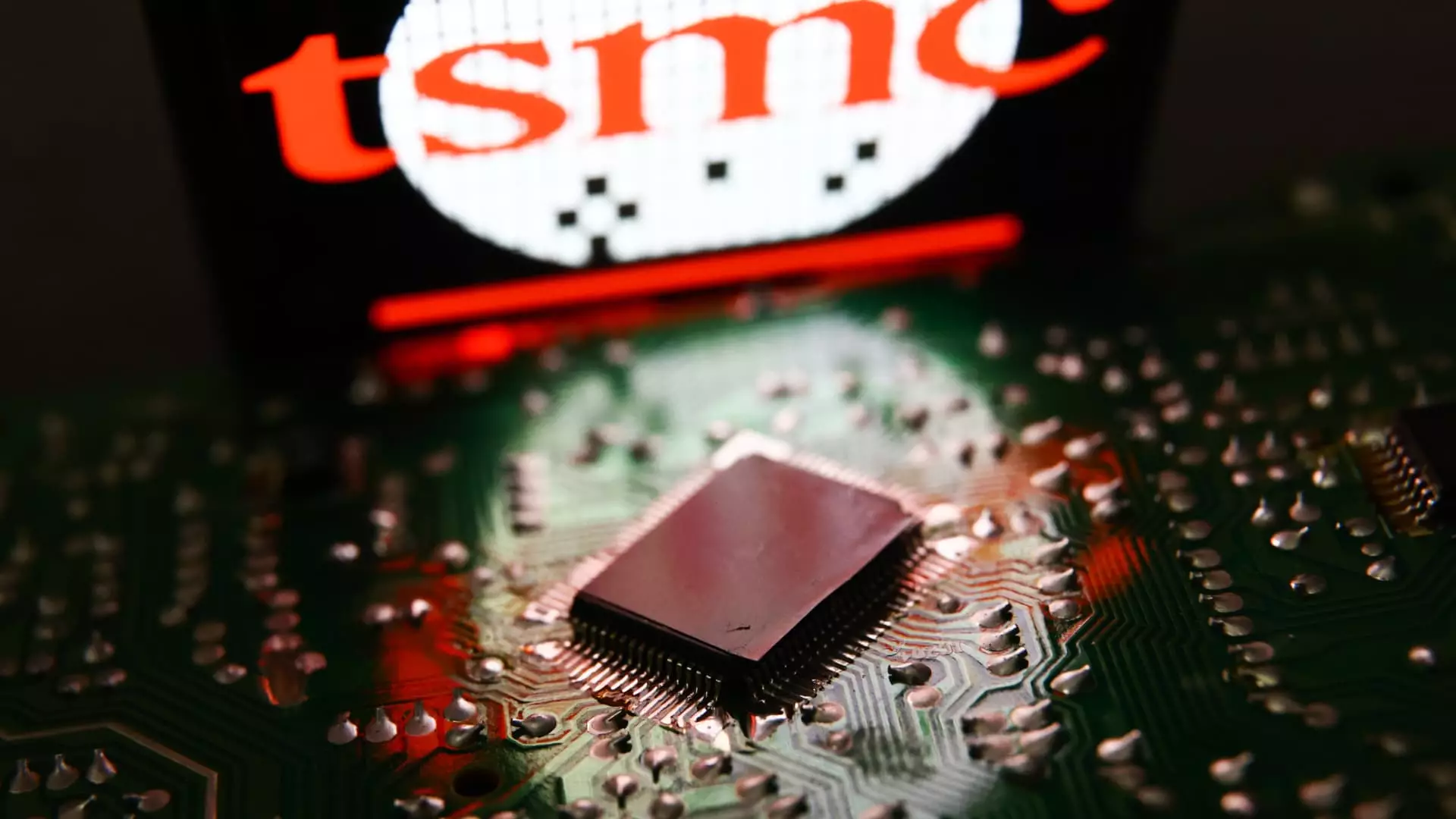Taiwan Semiconductor Manufacturing Co. (TMSC) recently reported a significant increase in monthly revenue in March, attributing it to the ongoing artificial intelligence boom powered by high-end chips. The company’s revenue for March reached 195.2 billion new Taiwan dollars ($6.1 billion), marking a 34.3% year-on-year increase, the fastest pace of growth since November 2022. In the first quarter, TMSC’s revenue totaled 592.6 billion new Taiwan dollars, showing a 16.5% year-on-year increase. As the world’s largest contract semiconductor manufacturer, TMSC plays a crucial role in producing chips for companies like Apple and Nvidia, positioning itself at the forefront of the AI boom.
Competition and Innovation
Semiconductors, particularly those created by companies like Nvidia, have been essential in driving the development of AI applications. With competition intensifying in the market, AMD launched a rival chip to Nvidia last year, while Intel recently unveiled its latest AI offering. Not only are established players entering the AI chip space, but startups are also developing their own AI chips, which TMSC manufactures for some companies. This competitive landscape underscores the increasing demand for AI chips in the industry.
Market Performance and Investor Confidence
TMSC shares have witnessed a significant increase of nearly 40% year-to-date, reflecting investors’ optimism about the sustained demand for AI chips. In January, TMSC announced that its AI revenue is growing at a rate of 50% annually, emphasizing the company’s strong position in the market. Analysts are projecting a 23.7% rise in TMSC’s total revenue this year, following a decline in 2023. This positive outlook is supported by consensus estimates from LSEG, highlighting the company’s growth potential in the coming years.
TMSC’s success in capitalizing on the high-end chip market, particularly in the AI sector, underscores its leadership in the semiconductor industry. With increasing competition and growing demand for AI chips, TMSC is well-positioned to continue its growth trajectory and deliver value to its investors. As the company navigates the dynamic landscape of technology and innovation, its strategic focus on high-end chips and AI applications sets it apart as a key player in shaping the future of the semiconductor industry.

